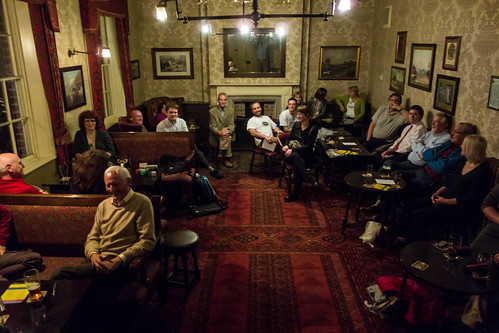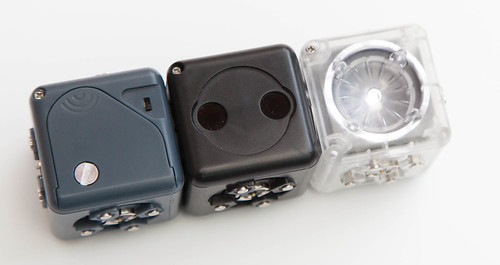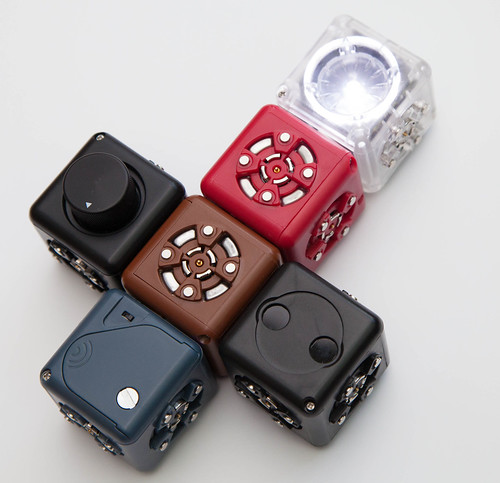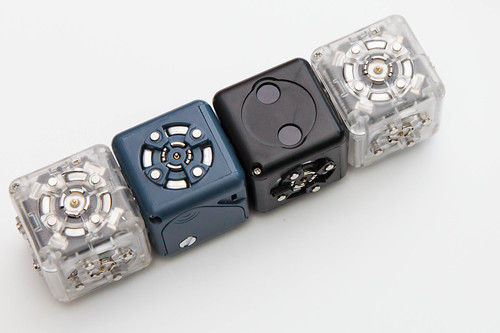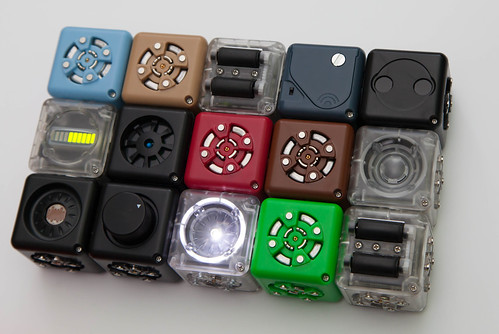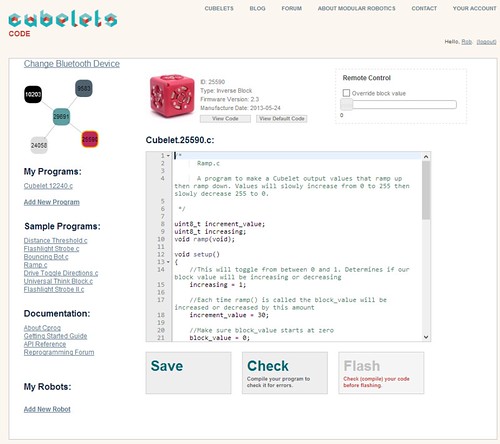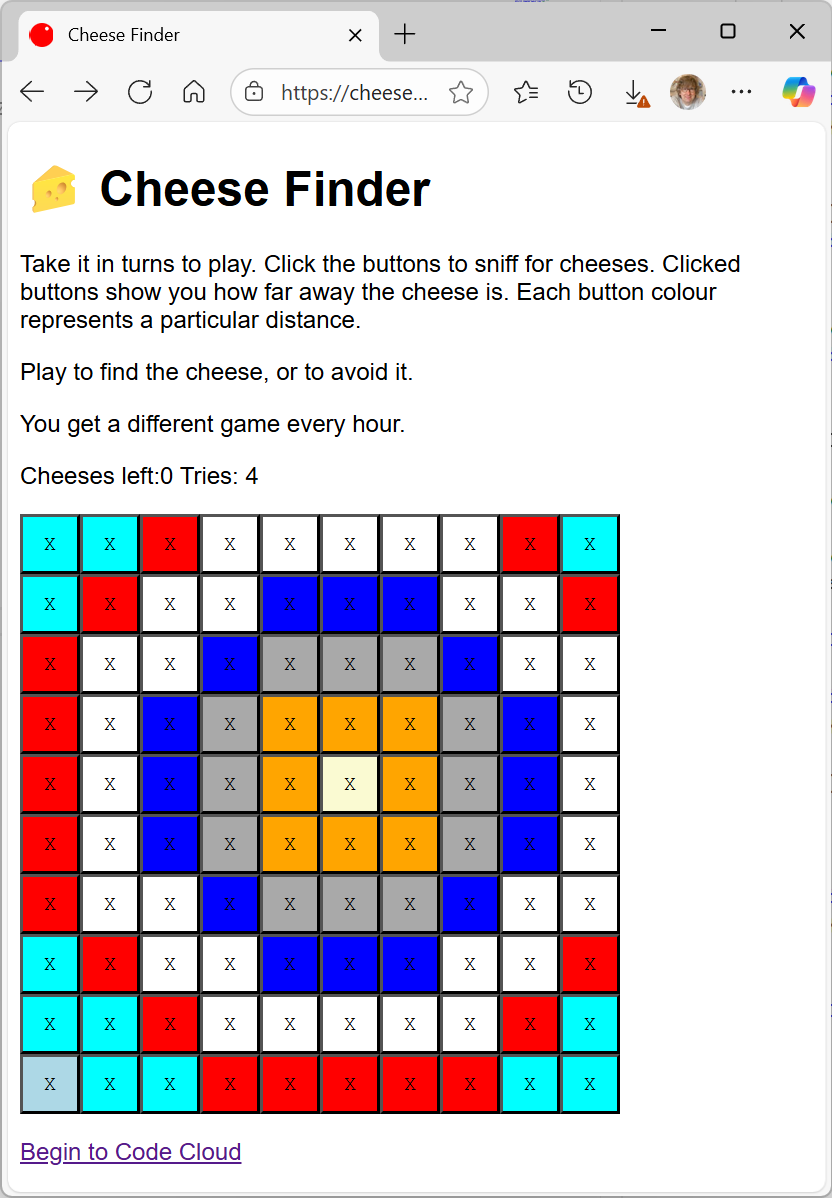Cubelets at the Cafe Scientifique
/Today I got to strut my stuff at the Hull branch of the Cafe Sceintifique. This is a really neat idea set up by Mark Lorch from our Chemistry Department. At the end of each month he hosts a talk of scientific bent in the upstairs room at Nellie’s, a fantastic pub in Beverley.
Note to new (or any) students. One night get a train to Beverley and go for a drink there. The atmosphere is amazing, enhanced by the fact that the place is all lit by gas lights.
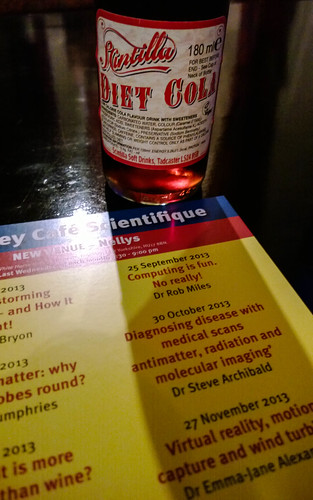
This is the programme for the rest of the year (and a bottle of very posh diet cola). Do you think I should tell them I’m not really a doctor?
Anyhoo, I’d given my talk the delightfully vague title of “Computing is fun. No really!”, which I reckoned gave me plenty of wiggle room about what to say. Once I’d agreed to turn up I was told of the house rules. No Powerpoint. In fact, no computer or screen. Just props. Fortunately I’d thought of that. And so I took along my cubelets. These are little cubes of computing that you can fit together to create physical programs and they turned out to be a super way to illustrate what computing is really all about. And they are fun too. If you want to find out more, take a look here.
This is my “slab” of cubelets, all fitted together. I’ve no idea what this arrangement does, but that is part of the fun. And after tonight I want to buy some more.
I did my thirty minute talk and then, once we’d all found another drink, we sat around and talked about things computing, the future, and my memories of going into Dixons and typing:
10 PRINT "Rob Rulez"
20 GOTO 10
- into the computers on display when the assistants weren’t looking. It was a really great night and the audience were splendid. I took a bunch of pictures, you can find all of them here.
I was talking during the evening about curious contraptions that I've now remembered are called "Rube Goldberg machines". This is the best one. Ever.
